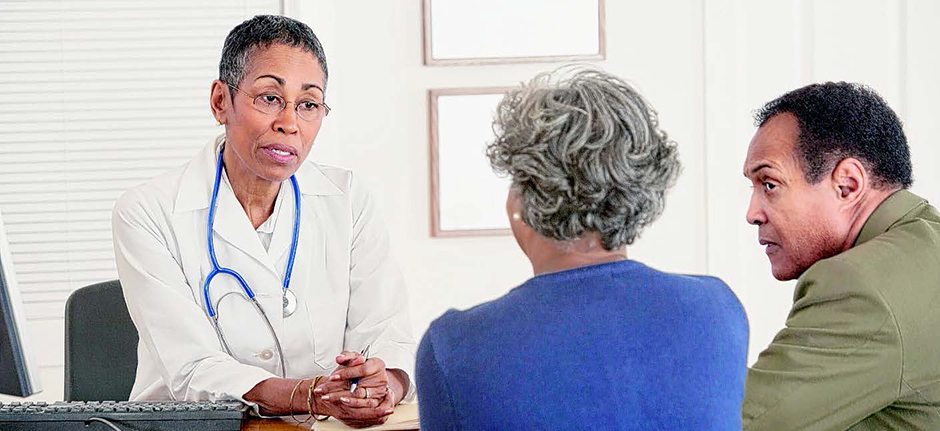
[This story was written by Catherine Adams, MD PhD, medical director of Palliative Care Partners and chief of palliative medicine, St. Peter’s Hospital.]
It’s an uncomfortable topic, but a little planning can make things a lot easier for you and your family if you become seriously ill. Documenting your healthcare preferences in advance and naming a person to act for you when you are unable to speak for yourself will enable a trusted person to arrange care according to your wishes.
While most of us don’t want to think about becoming very sick or find it hard to talk about the end of life, conversations now can avoid confusion in the future. It’s a gift that will help your loved ones at a very stressful time and help to avert confusion and conflict within the family.
Advance Care Planning is more than just a document. It starts with thinking about your values and experiences and identifying what is important to you. For example, what does quality of life mean to you? What do you fear most about having a serious illness?
Next, it’s important to talk about these wishes and values with anyone who might be involved in your care. This includes your medical team as well as family or friends that you may want to name as your health care proxy. If you have a medical condition, ask questions about your illness and treatment options so that you can prepare for what might be ahead.
Finally, you can use forms to record your wishes, but remember that these cannot anticipate every possible scenario and are not as useful as the conversation itself. Remember to review your documents often and update them if needed. Ask your family members to do the same.
It’s never too early to start this conversation. It may seem uncomfortable at first, but having a few short talks over time might make it easier and will be the greatest gift you can give to your family and friends in a crisis.
A Health Care Proxy names a health care agent to make decisions for you when you can’t make them yourself. You don’t need a lawyer or notary for witnesses, just two other adults. Forms and instructions are available from the state Department of Health, Attorney General, or many hospitals, including the hospitals that are part of St. Peter’s Health Partners.
To learn more, gain access to these forms, and for tips to get the conversation started with your loved ones, visit www.sphp.com/for-patients/advance-care-planning.





